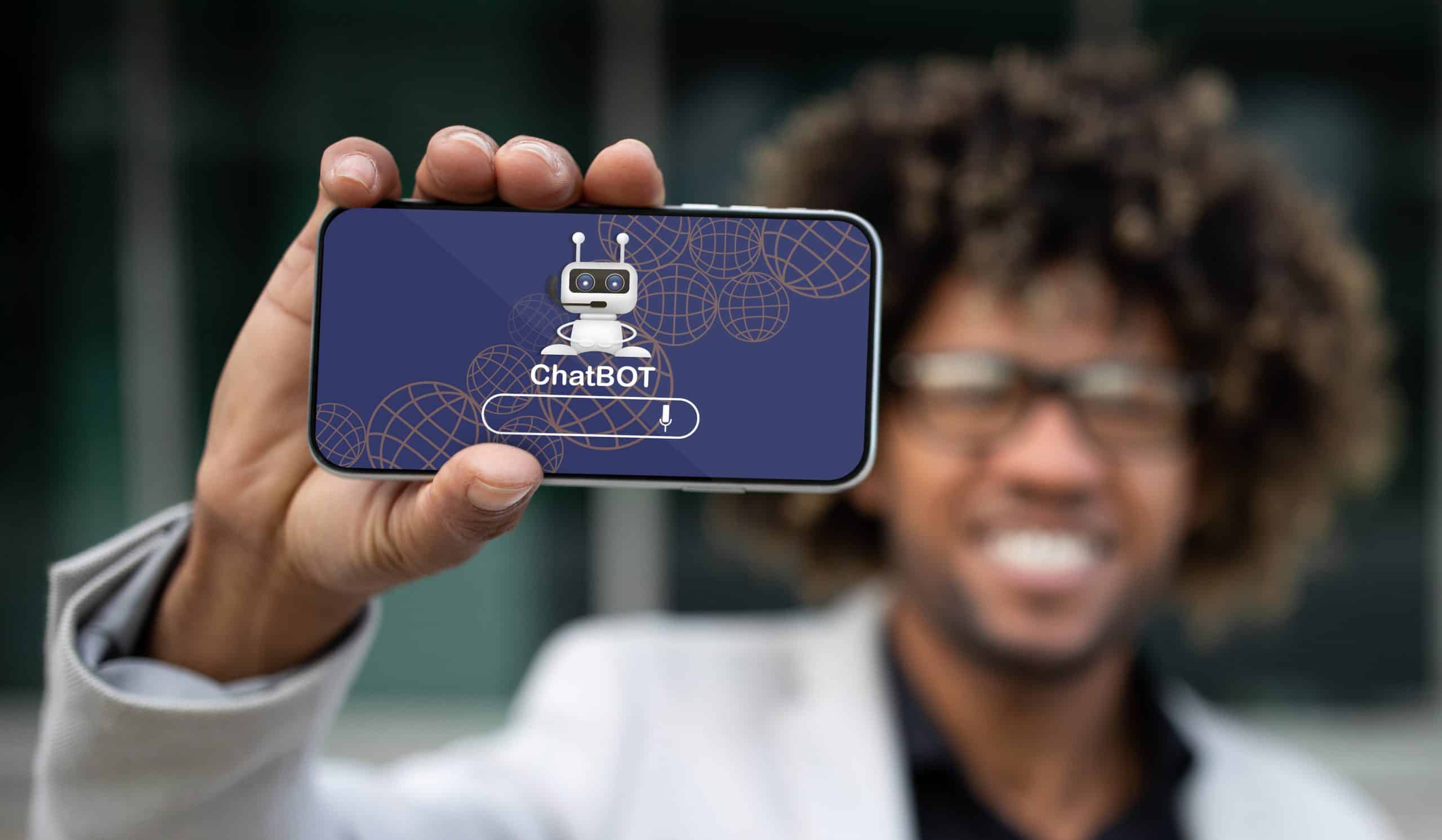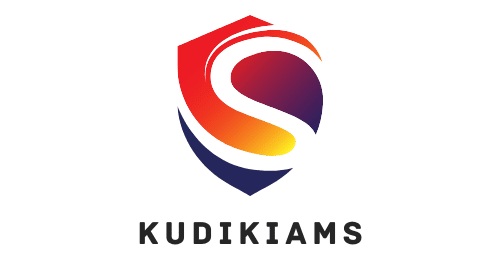Can AI-Powered Chatbots Provide Effective Support for Mental Wellbeing?

There’s no question that mental health care is a critical need of the present day. With the surge in people seeking help for their mental health, traditional methods may not always be sufficient or accessible. This is where Artificial Intelligence (AI) comes into play, especially in the form of chatbots. Chatbots, depending on their programming, can provide support, therapy, and care in a way that’s scalable and always available. But can they truly be effective in supporting mental wellbeing? Let’s explore this issue.
The Intersection of Health and Technology
In the age of the internet, technology has undeniably shaped how we approach health. Apps and online platforms have become an integral part of our lives. They provide us with the flexibility to access services and information at our convenience, and mental health care is no exception.
Avez-vous vu cela : Unraveling the magic: your guide to mystery box online
There’s a wide range of mental health apps available, each offering different features like mood tracking, mindfulness exercises, and therapy sessions. However, one particular innovation that stands out is the use of AI-powered chatbots in this space. These chatbots use complex algorithms and machine learning to interact with users, simulating a human-like conversation.
The Emergence of AI-Powered Chatbots in Mental Health Care
AI-powered chatbots are becoming increasingly popular in the mental health field. The main advantage of these chatbots is their ability to provide instant support to users, 24/7. Unlike human therapists, these chatbots are not bound by office hours or availability, making them a convenient option for people who need immediate help or who prefer anonymity while reaching out.
A lire aussi : Are there Sustainable Alternatives to Rare Earth Elements in Consumer Electronics?
These chatbots are programmed to respond to the user’s input in a manner similar to a human therapist, providing comfort and guidance. They’re designed to understand and react to the user’s emotional state, suggesting appropriate therapeutic interventions as needed. This form of AI-based therapy is gradually proving beneficial for patients who might feel uncomfortable seeking traditional therapy or might not have immediate access to it.
The Efficacy of AI-Powered Chatbots in Mental Health Support
The question remains: Can chatbots provide effective mental health support?
Several studies have shown promising results. For instance, one study published by Crossref demonstrated that chatbot-based therapy can indeed help reduce symptoms of anxiety and depression. The chatbot in the study was designed to utilize cognitive-behavioral therapy techniques, which are commonly used by human therapists.
However, it’s essential to note that while chatbots can mimic human interaction and provide therapy-like responses, they cannot replace human therapists. Chatbots can provide support in times of crisis or when human support isn’t immediately available, but they are not equipped to handle complex mental health conditions or emergencies. They can, however, be a valuable addition to a holistic approach to mental health care, alongside regular interaction with human therapists.
The Future of Chatbots in Mental Health Care
As technology and AI continue to advance, it’s likely that chatbots will become an even more prevalent tool in mental health care. They have the potential to reach a larger number of people in need, providing immediate support and care.
Chatbots can also help bridge the gap in mental health services, especially in regions where such services are scarce or inaccessible. Furthermore, they can play a significant role in early intervention by providing instant support to individuals who may be hesitant to seek help.
As AI evolves, chatbots might become more sophisticated in their responses and their understanding of human emotions, leading to more personalized and effective mental health support.
While chatbots have a promising future in mental health care, it’s important to remember that they are tools, not replacements for human therapists. Their role is to enhance, not replace, traditional therapy, and they should be used responsibly.
Overall, AI-powered chatbots have the potential to revolutionize mental health care by providing easy access to immediate support. Their role in mental health care is sure to grow, and with ongoing advancements in AI technology, they will only become more effective in providing the support that people need.
The Role of AI-Powered Chatbots in Providing Access to Care
Access to mental health care is a significant issue in many regions worldwide. According to the World Health Organization, nearly two-thirds of people with a known mental disorder never seek help from a health professional. The reasons for this are manifold, including stigma, lack of available services, and financial constraints. This is where AI-powered chatbots can make a meaningful difference.
AI-powered chatbots can provide round-the-clock support, enabling individuals to seek help whenever they need it. These chatbots can triage symptoms, provide immediate support and guidance, and even suggest therapeutic interventions, thus serving as a preliminary point of contact for those in need. This is especially crucial for people who live in areas with limited mental health services or who have difficulty accessing care due to financial or logistical constraints.
Moreover, these chatbots offer anonymity, which may encourage more people to seek help. Many individuals grappling with mental health issues fear judgment or stigma, which often deters them from reaching out to health professionals. With privacy assured, these chatbots can act as a safe space for individuals to express their feelings and concerns.
Chatbots also allow for immediate access to care, which is critical in a mental health crisis. According to a Google Scholar study, timely intervention can significantly improve outcomes for individuals dealing with mental health emergencies. The 24/7 availability of chatbots ensures that help is always at hand, potentially bridging the gap between the onset of a crisis and professional intervention.
The Impact of Social Media and Mobile Apps on Digital Mental Health
In today’s digital age, social media and mobile apps have become an integral part of our lives, and their role in mental health care is growing. Various health apps are now available that offer services ranging from mood tracking to teletherapy. However, the incorporation of AI-powered chatbots in these platforms is a game-changer in digital mental health.
Social media platforms are increasingly integrating AI-powered chatbots to provide mental health support to their users. These chatbots can monitor users’ posts, identify signs of distress, and provide immediate help. For instance, Facebook’s AI tool can identify posts indicating self-harm or suicidal thoughts and initiate immediate intervention.
Similarly, numerous mobile apps are now incorporating AI-powered chatbots to provide mental health support. These apps can engage users in therapeutic conversations, provide coping strategies, and even alert health professionals if they detect serious concerns. Studies cited on Google Scholar have shown that such interventions can help reduce symptoms of anxiety and depression.
Given the widespread use of social media and mobile apps, the integration of AI-powered chatbots on these platforms can significantly increase access to mental health services. However, like all tools, these chatbots must be used responsibly, keeping in mind the limitations of AI in understanding the complexity of human emotions and mental health conditions.
Conclusion
Artificial intelligence has the potential to transform mental health care, with AI-powered chatbots emerging as a valuable tool in this transformation. By providing immediate, accessible, and anonymous support, these chatbots can address some of the significant barriers to mental health care access, particularly in regions where services are scarce.
Future advancements in AI and machine learning can make these chatbots more sophisticated in their understanding of human emotions and their ability to provide personalized support. However, it’s essential to remember that these chatbots are not replacements for human therapists. They should be seen as complementary to traditional therapy, offering a way to enhance access to care and support.
Perhaps the most promising aspect of AI-powered chatbots in mental health care is their potential to democratize access to care. By making mental health support more accessible, we can hope to see more people getting the help they need, leading to healthier communities and a more compassionate world.
In the face of a global mental health crisis, AI-powered chatbots represent a beacon of hope. But responsible use, continued research, and concerted efforts to improve the AI technology powering these chatbots are critical to maximizing their potential and providing effective mental health support for all.
